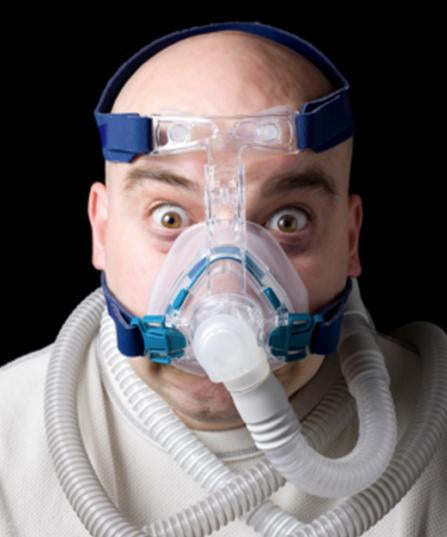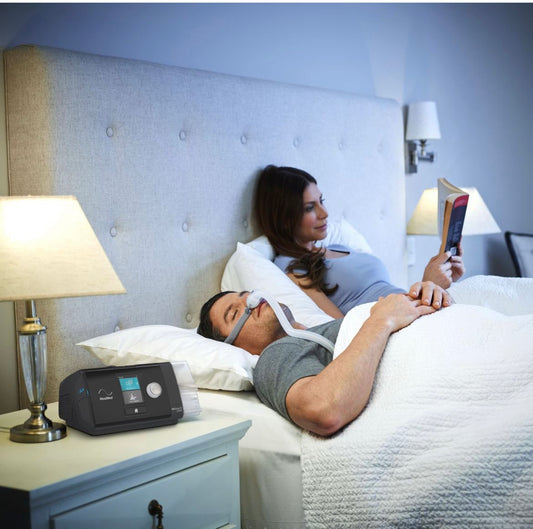I like that I only had to buy the headgear and the mask, not the rest of the stuff that rarely wears out. I’ve been wearing this mask for years and I find it very comfortable.
Very happy with the product and ordering system. Quick delivery too. Thank you.







